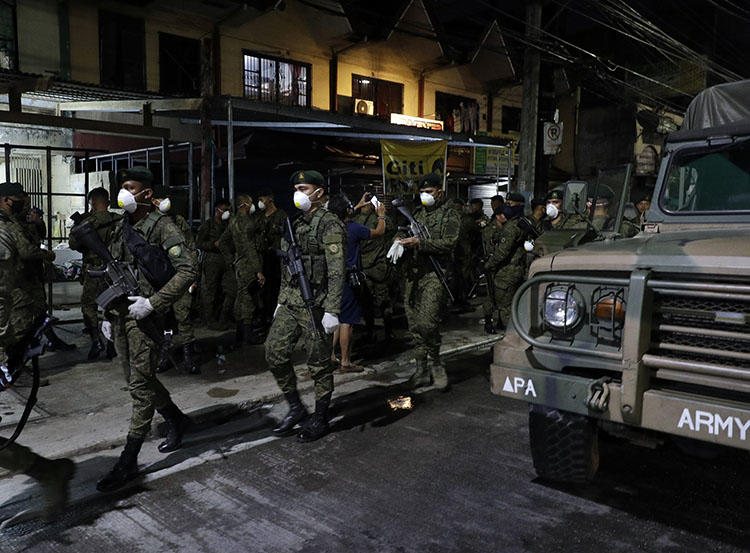Bangkok, March 27, 2020 — The Philippine Congress should repeal a recently enacted regulation that imposes criminal penalties for spreading ‘false news’ about the coronavirus pandemic, the Committee to Protect Journalists said today.
The Philippine Congress passed the “Bayanihan to Heal As One Act” on March 24, giving President Rodrigo Duterte broad emergency powers to contain the COVID-19 virus, according to news reports.
One provision in that act, Section 6(6), imposes criminal penalties for “spreading false information regarding the COVID-19 crisis on social media and other platforms,” and states that those convicted of violating that section can face up to two months in jail and fines of up to one million pesos ($19,500), according to reports.
The president’s emergency powers will be in force for three months, but can be extended by Congress if deemed necessary, those reports said. Duterte has previously accused independent outlets covering his administration of publishing “fake news,” as CPJ has documented.
“Philippine authorities must repeal the recently enacted provision that threatens to imprison journalists covering the coronavirus pandemic,” said Shawn Crispin, CPJ’s senior Southeast Asia representative. “Journalists serve a vital role in keeping the public informed during health emergencies. They should be allowed to do so without fear of hefty fines and jail time.”
The National Union of Journalists, a local press group, issued a statement yesterday criticizing Section 6(6), saying that it makes the government the “arbiter of what is true or false” and will “end up criminalizing free speech.”
CPJ emailed Presidential Communications Office Secretary Martin Andanar for comment, but did not immediately receive a reply.
